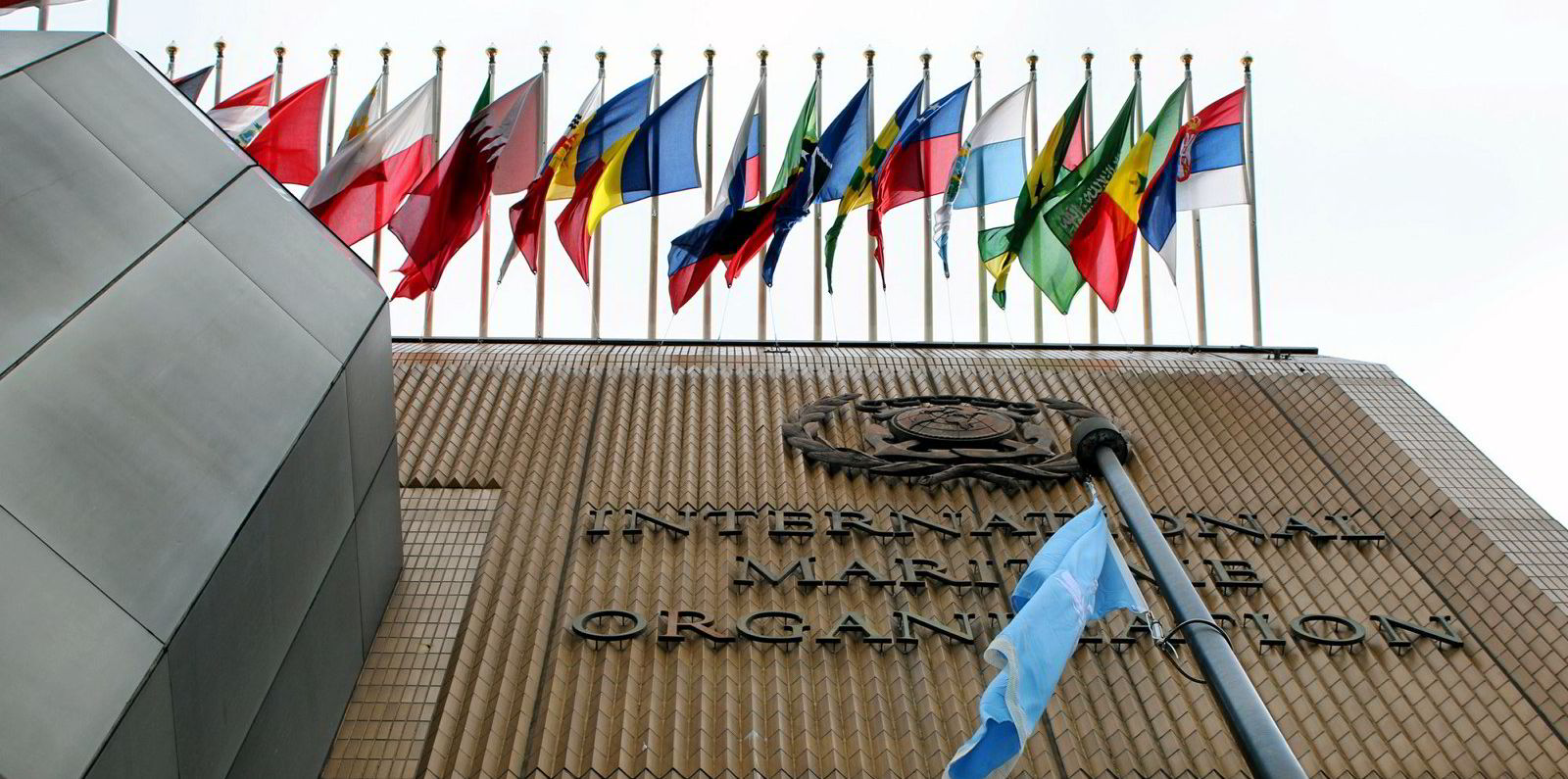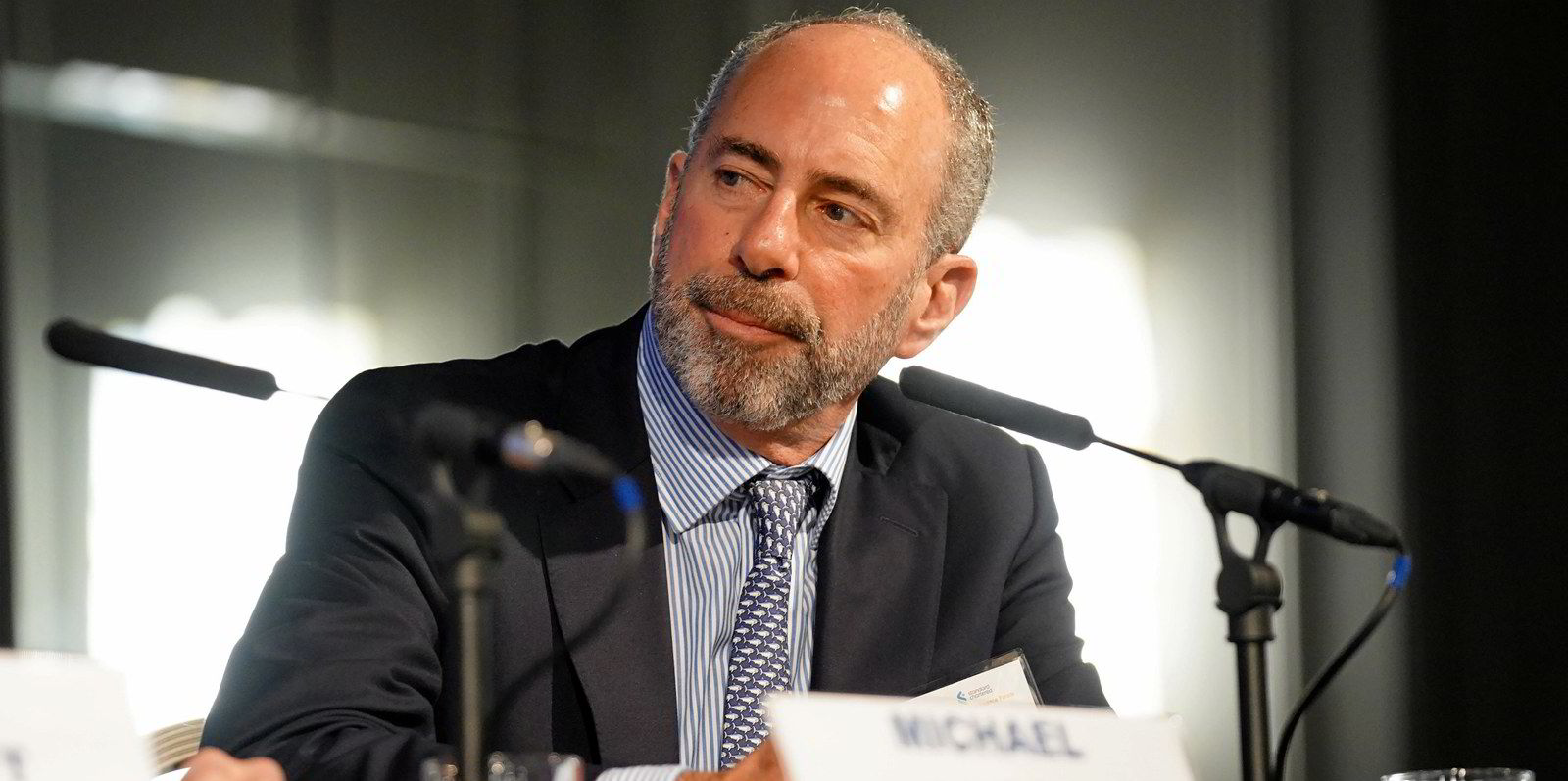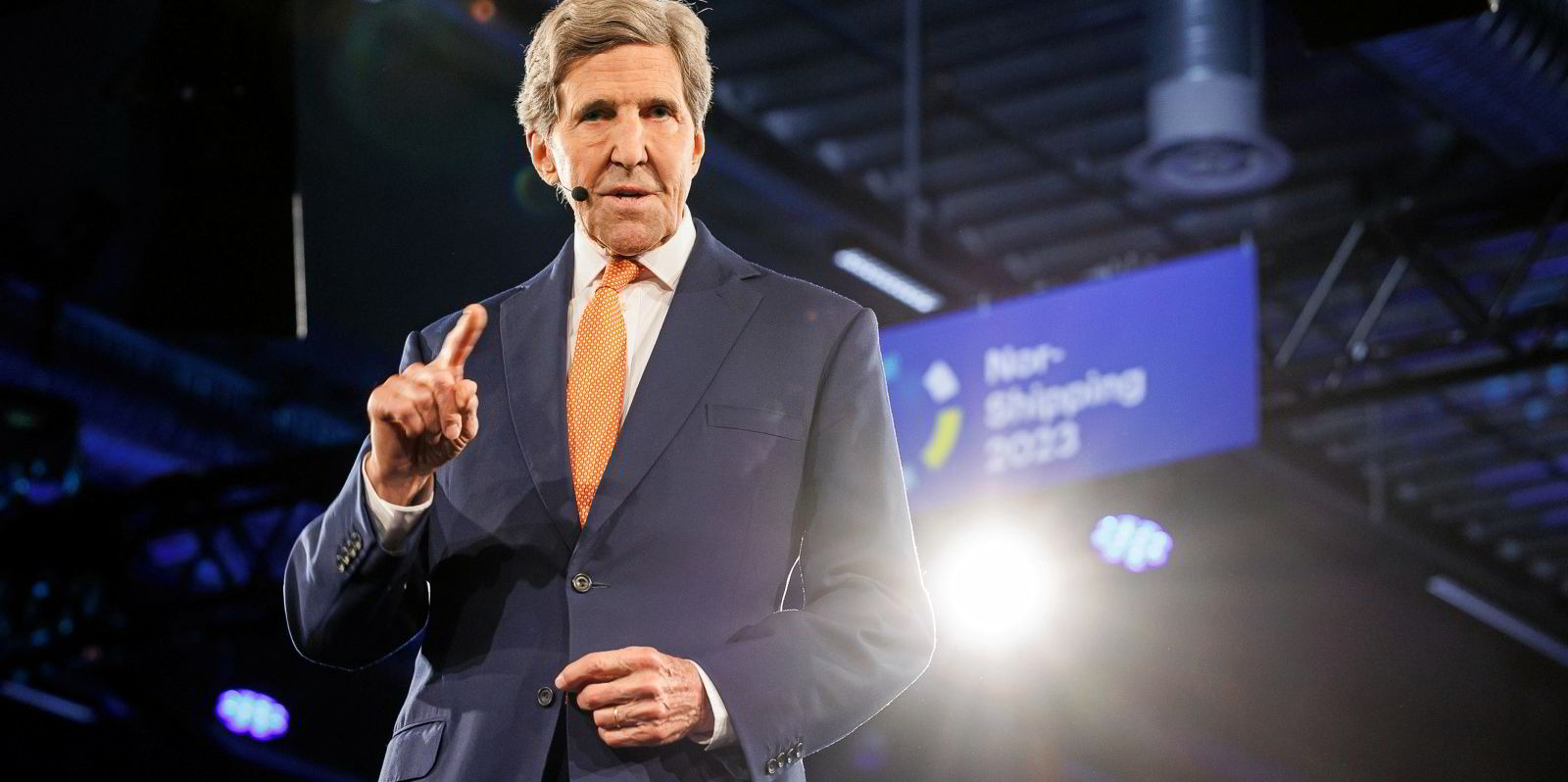The European Union, UK and US are among the countries demanding tough intermediary greenhouse gas emission reduction targets for 2030 and 2040 at an International Maritime Organization working group meeting next week.
The move is being viewed as an opening gambit to push developing country member states towards accepting a zero greenhouse gas emissions target for 2050.
The working group will form a draft agreement to be put before an IMO Marine Environment Protection Committee meeting in the first week of July for approval by governments.
One of the most ambitious proposals has been tabled by the UK, US and Canada, which want the IMO to reduce greenhouse gas emissions on a life-cycle basis by 37% by 2030 and 96% by 2040, compared with 2008.
They also want to see a 65% improvement in life-cycle emissions per transport work by 2030, while also requiring 5% of fuels to be zero emission by the same date.
The proposals are backed by scientific reports and are in line with Intergovernmental Panel on Climate Change decarbonisation trajectories.
They also have the backing of the Marshall Islands, Solomon Islands, Fiji, Tuvalu, Kiribati and Tonga.
But the tough intermediary targets could be viewed as unworkable by many IMO member states.
It has been suggested the target of 5% alternative fuels by 2030 would fall well short of what would be required to achieve a 37% reduction in greenhouse gases by that date.
Shipping’s carbon intensity targets will not be reviewed until 2026, leaving shipowners only four years to achieve the revised objective.
“These tough intermediary proposals could be used as a bargaining tool,” said one IMO watcher. “It wouldn’t surprise me to see the EU, UK and US offer to reduce these extreme targets in 2030 and 2040 and in return ask developing countries to accept a zero emissions target by 2050.”
Developing countries that have opposed the zero emissions by 2050 target include China, India, Brazil and Argentina.
- European Union — Greenhouse gas emissions to be reduced by 29% by 2030 and 83% by 2040, compared with 2008 levels, and zero emissions by 2050. It also wants to see zero-emission fuel represent at least 10% of marine fuels used by 2030.
- The UK, US, Canada — The UK, US and Canada want a life-cycle greenhouse gas reduction of 37% by 2030 and 96% by 2040, compared with 2008. They also want to see a 65% improvement in life-cycle emissions per transport work by 2030 and 5% of fuels to be carbon neutral by the same date.
- Japan — A 50% reduction in well-to-wake greenhouse gas emissions by 2040 compared with 2008 and zero emissions by 2050.
They have hinted they will accept a zero emissions target by the “mid century”, which could run to 2060.
However, IMO sources suggest under the weight of international pressure — with the majority of IMO member states now backing zero greenhouse gases — they could now be ready to fall in line and accept the 2050 deadline.
A proposal from Japan which suggests a 50% reduction in well-to-wake greenhouse gas emissions by 2040, compared with 2008, and zero emissions in 2050 might now provide a landing point for all parties in the negotiations. The Japanese proposal is similar to shipowners’ representative body the International Chamber of Shipping’s own proposal.
Kerrlene Wills, director for ocean and climate at the United Nations Climate Foundation, said: “If member states get this right, they can set the shipping sector in line to meet the Paris temperature targets and promote investment in green technologies that will completely transform the sector.”
The IMO meeting is also selecting a number of market-based measures to take forward for further development.
The case for a levy system is now gathering momentum at the IMO.

Support has been boosted by analysis commissioned by the ICS and carried out by shipbroker Clarksons that suggests a levy $40 per tonne of fuel could be applied without having any impact on trade.
The ICS’ proposal is for a fund and reward system that will compensate owners for using costly alternative zero-carbon fuels and incentivise investment. It also budgets for compensating developing countries.
It is similar to the so-called “feebate” proposal from Japan, in which a flexible price mechanism is put in place to tax carbon emissions and fund investment and compensate shipowners for using alternative fuels.
African states, including the world’s second-largest flag state Liberia, have now said they are prepared to back proposals for a levy.
Meanwhile, the Marshall Islands and Solomon Islands have proposed a $100 per tonne levy on carbon emissions, which could generate the most revenue.
One idea is to use a levy system alongside a technical measure such as a global fuel standard.
The idea is to set limits on the carbon intensity of marine fuels, which would tighten as the industry heads towards decarbonisation and more zero-emission fuels become available.





